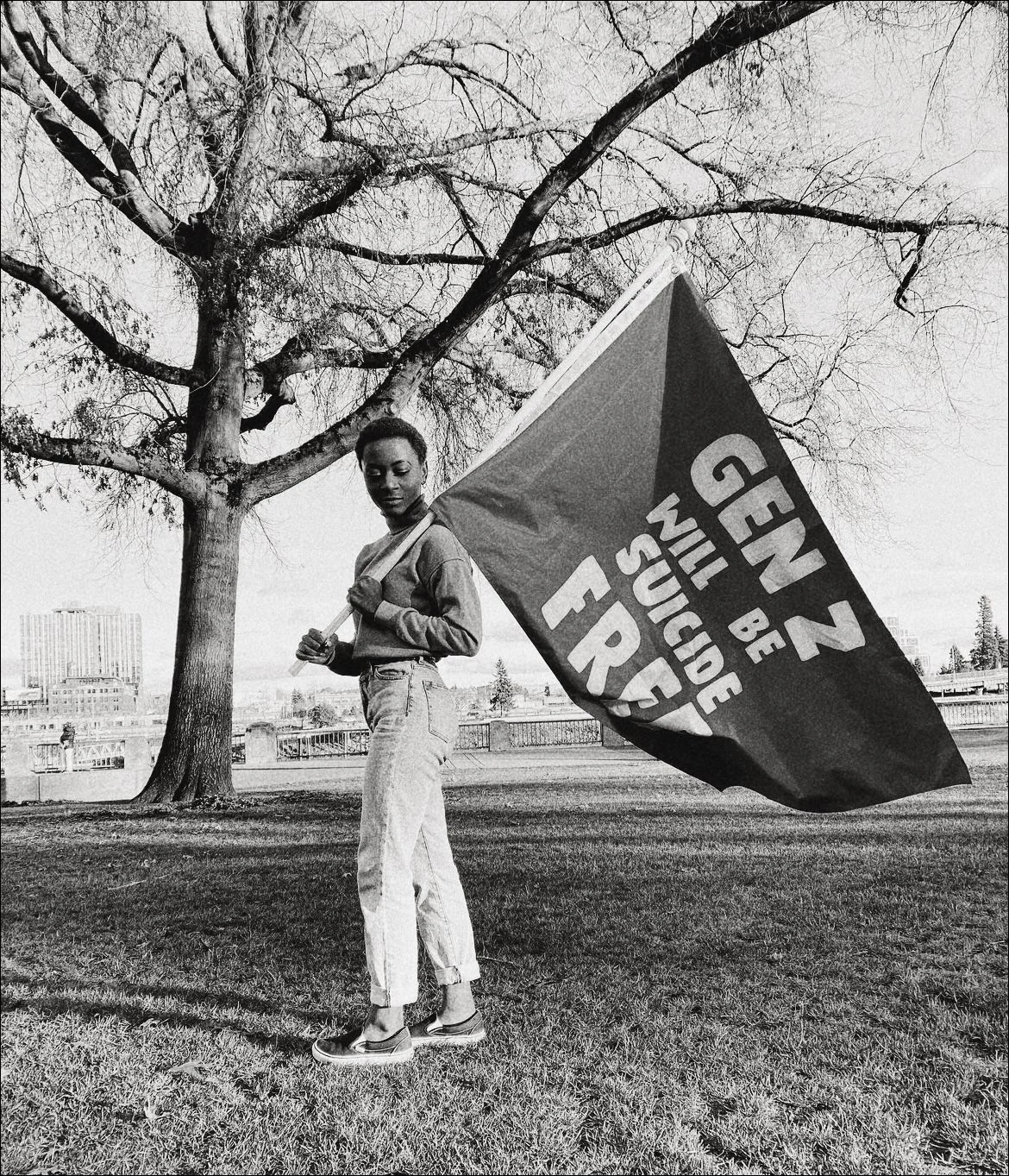Dealing With Depression
WHAT IS DEPRESSION?
Feeling very low, empty, lethargic or sad often or for long periods of time
Having difficulty enjoying things that you usually do
There are lots of ways to deal with the symptoms associated with depression
Feeling down, out of sorts, every now and again is totally normal, but if you’re feeling unhappy or intensely sad for days, weeks or months, you might be experiencing depression. If you're struggling, you can contact THE HOPELINE
Anyone can experience depression at any time in their life. If you think you are struggling with depression, you’re not alone. According to the World Health Organization, it affects over 200 million people worldwide, many of whom have not been diagnosed.
Depression can be mild, moderate or severe. There are effective psychological and medical treatments for moderate and severe depression. It’s important to find what works for you if you are struggling.
WHAT DOES DEPRESSION FEEL LIKE?
Depression feels different for everybody who experiences it, but it can be categorized by prolonged periods of feeling low. Not everyone who has depression has every symptom, and the severity of those symptoms can vary from person to person, as well as from day to day.
So how do you know if you’re dealing with depression? A doctor or health care professional can diagnose you with depression, but lots of people don’t realize they are experiencing a mental health issue. That’s partly because depression can be experienced in a whole host of ways - some of which you might just consider ‘normal’. If you are experiencing depression you might feel some, or none, of the following:
Feeling low regularly and for long periods of time
Finding it difficult to enjoy life
Struggling to motivate yourself
Having low confidence or self esteem
Difficulty concentrating or making decisions
Being irritable or angry more often
Finding it tough to find a way forward
Experiencing suicidal thoughts or thoughts of harming yourself
Not wanting to be around friends and family or social situations
And it’s not all in your head, depression can also have physical symptoms. You might experience some of the following:
Lack of energy
Unexplained aches and pains
Changes in appetite or weight
Increased smoking, drinking or taking drugs
Moving or speaking slower than usual
Difficulty sleeping or disturbed sleep
There is a perception that people who are depressed stay in bed all day, but that’s not the case. Many people who experience depression function normally from day to day and can be very successful in their lives and careers. For example, you might be going about your normal life, but inside feel very low – this is sometimes referred to as high functioning depression.
WHY DO PEOPLE GET DEPRESSED?
There’s no single reason people experience depression. Depression is a result of a combination of different things, including your genes, your background and life circumstances, as well as psychological factors. Depression can be triggered by your personal situation, a recent or old trauma, or any stressful situation, but it can also be triggered for no obvious reason at all.
If this all feels a bit overwhelming, remember there are many ways to deal with the symptoms associated with depression. You won't feel this way forever. Millions of people deal with depression every single day in the US – if you’re struggling with depression, talk to the HOPELINE. The professional helpline staff talk to people about depression and the symptoms of depression everyday and will be able to give you support and practical help to move forward.
DEALING WITH DEPRESSION
Distractions are useful in getting a break from feelings that can be overwhelming so watch that film, go for that run or belt out that favorite song. It is important to face up to your feelings and allow some space for them, though. So why not pick up the phone, reach out to a friend or seek professional support to help you understand and challenge your thoughts.
Here’s some practical tips from our helpline that might help:
Challenge negative thought patterns. Try and change “I can’t do this because” to “I can do this because”
Talk it out with family/friends, God or a helpline (HOPELINE)
List what you like about yourself
Do something nice for someone else
Exercise & keep active, particularly outdoors. A 15 minute walk can be enough to make a difference to how you’re feeling
Reconnect to nature – ideally go outside, but even looking at the trees and changing seasons outside your window can have an impact
Get creative. Doodle, draw, paint, cook, bake, knit, or write a song/story/poem
Make a list at the end of every day of three things that have gone well, or that you are grateful for
Remember, for it is true, this too will pass.
TALKING ABOUT DEPRESSION
It can be difficult to talk about depression with your friends, family, pastor or a medical professional. Here’s some ways you can start a conversation around how you’re feeling:
“I need to talk to you about how I’m feeling. Things are tough, and I think I might be feeling depressed. I don’t need you to find a solution, I just want to share how i feel.”
“I need to talk – I’ve been struggling with [ ] and think I might be experiencing depression.”
“You might have noticed i’ve not been around so much lately. I’ve been finding things difficult, and think I might be depressed.”
